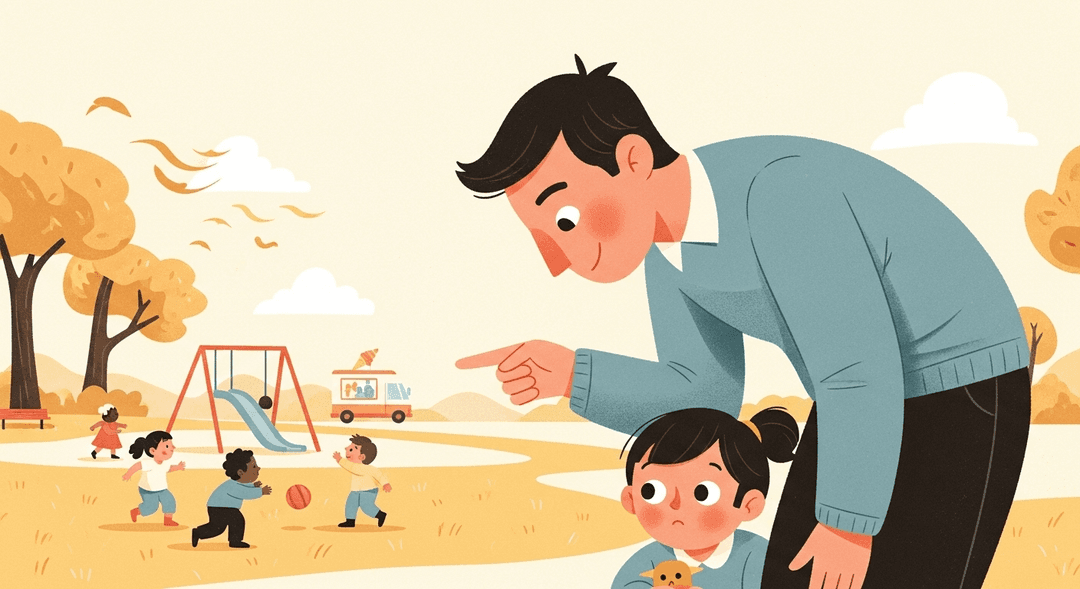Support Their Efforts to Make New Friends
Oh, the delicate ballet of 'Do I introduce my kid or let them lurk behind me like a suspicious squirrel?' If you've ever awkwardly hovered while your child tries to decode playground politics, this one’s for you. Supporting your little one’s friend-making missions (even when they’d rather befriend the snack table) is a test of patience, empathy, and your ability to pretend you’re not also nervous. Dive in—awkward silences and all!
Helping your child navigate new social waters boosts their confidence, resilience, and ability to regulate emotions (and hey, maybe yours too). Positive social experiences light up their brain’s reward circuits, teaching them that connection feels good, not terrifying. Over time, these micro-moments build neural pathways for empathy, communication, and self-worth.
How to do it
First, acknowledge your child's nerves—don’t dismiss them. Let them know it’s normal to feel nervous in new situations.
Model friendly behavior for your child:
- Say hi to other parents.
- Introduce yourself.
- Let your child see you handle small talk, even if it feels awkward.
Break the ice with shared activities:
- Try bubbles, sidewalk chalk, or snacks (snacks almost always work).
Set tiny, achievable goals:
- For example, today’s goal could be just saying hi.
- Next time, try sharing a toy.
Celebrate effort, not just results. Praise your child for trying, regardless of the outcome.
Remember: awkwardness isn’t fatal—it’s just mildly contagious. Stay positive and keep practicing together.
